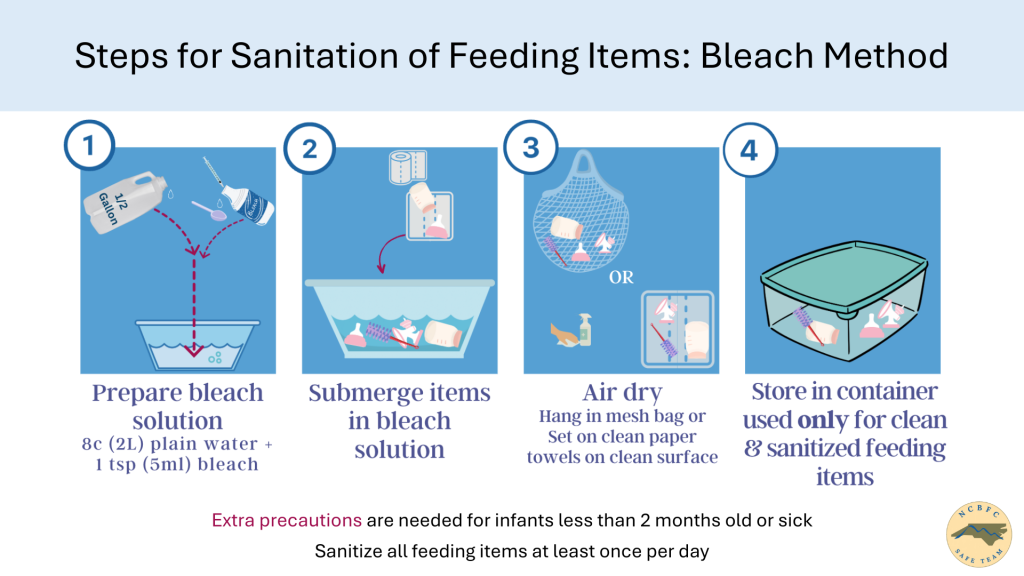When disasters strike—whether hurricanes, floods, or prolonged power outages—families with infants face unique risks. Without access to clean water, electricity, or medical care, it becomes dangerously difficult to safely prepare infant formula or maintain breastfeeding routines. Emergency planning isn’t just about roads and power lines. It’s about babies, too.
In Franklin County, we’re working to ensure that no baby is forgotten during an emergency.
Meeting the Needs of Our Youngest Community Members
Breastfeeding is a vital survival strategy. For parents who successfully induced lactation, breastfeeding offers a clean, safe, and immediately available food and water source. For all mammals, breastfeeding is a learned behavior and it only happens with the support of friends and families in the community. In emergencies, human milk requires no preparation and can protect against illness when sanitation systems fail. But we also recognize that not every family breastfeeds—and those who rely on formula deserve safe, shame-free options.
Breastfeeding in Emergencies: What Families Should Know
Breastfeeding is powerful. It’s also hard—especially during emergencies. That’s why our approach includes both support and flexibility. We focus on harm reduction, not judgment.
Here’s what we want every family to know:
- Breastfeeding is a safe, portable source of food and hydration. Even in stressful conditions, many parents can continue to produce milk.
- Malnourished or stressed parents can often still breastfeed. In some cases, families can restart breastfeeding after stopping (relactation).
- Formula feeding families need support too. Ready-to-feed formula, clean water, and feeding tools are essential when breastfeeding isn’t an option.
And here’s what we want every emergency responder to remember:
- Keep families together. Parents are the best people to feed and soothe their children.
- Never distribute infant formula without assessing need. Only offer formula if a family asks for it or cannot breastfeed—and ensure it can be prepared safely.
- Provide clean water, soap, and drying racks so families can clean bottles and feeding tools appropriately.
- Avoid giving electric breast pumps unless power and sterilization are guaranteed.
What’s Next for Franklin County
This year, we’re taking the next step. Franklin County will:
- Expand our emergency infant feeding kit program
- Train first responders on safe infant feeding practices
- Add clear infant feeding protocols to local emergency plans
- Host public events and preparedness sessions for families
Emergencies may be unpredictable—but our response doesn’t have to be. Together, we can ensure that every baby has access to safe, nourishing food, no matter the circumstances.
Want to learn more or get involved?
Visit our Emergency Planning page to explore resources, connect with local partners, or request support.

